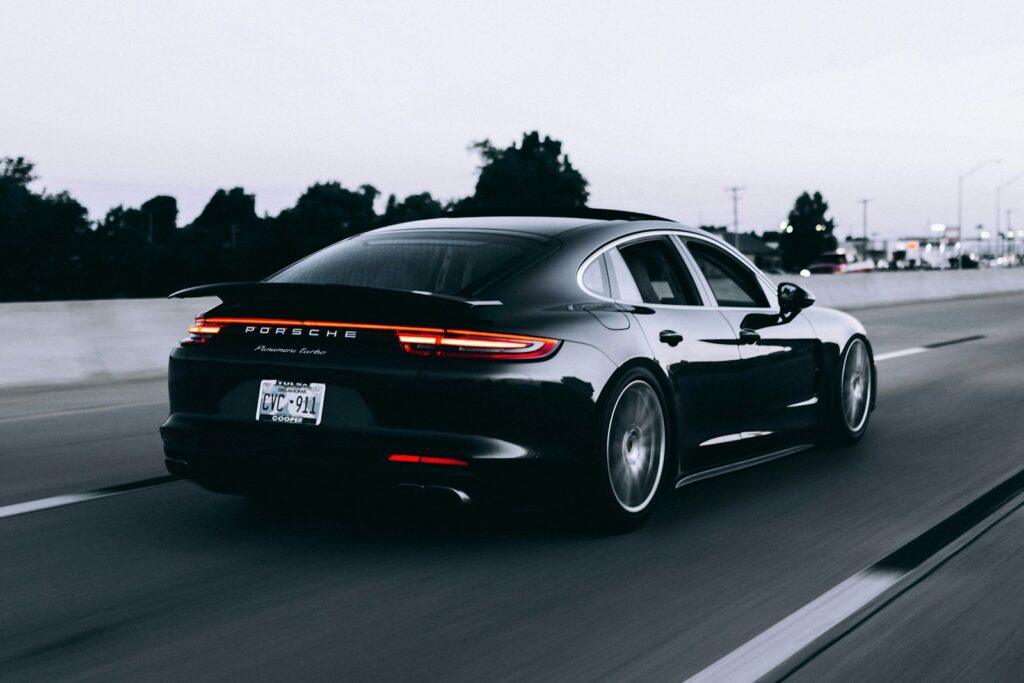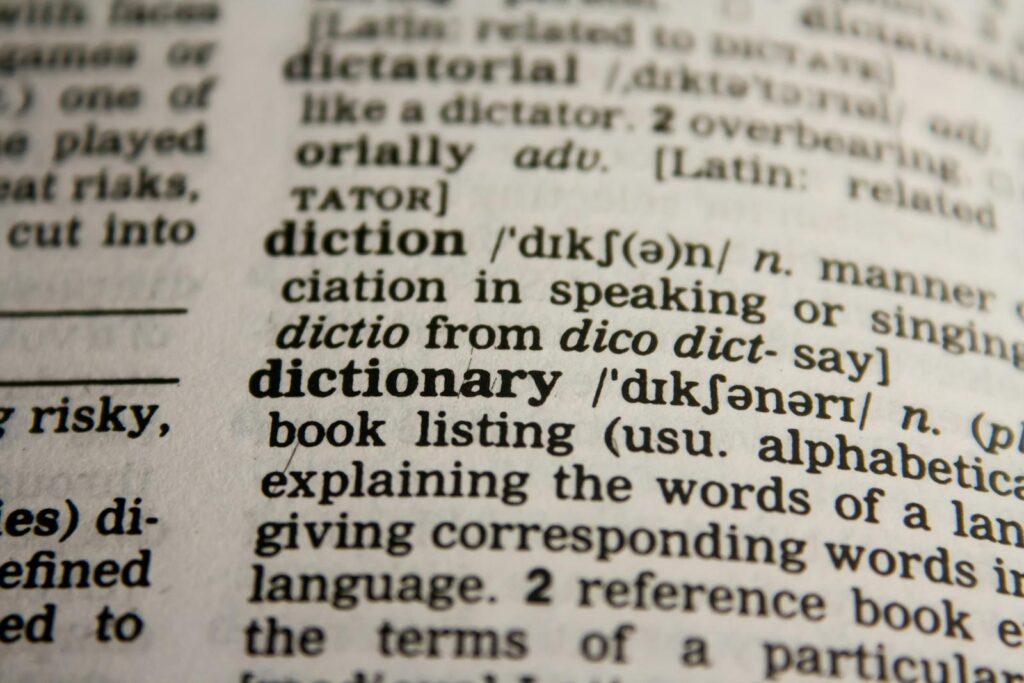
Humans, for all their brilliance and ingenuity, have a peculiar knack for getting things spectacularly wrong, especially when it comes to peering into the crystal ball of tomorrow. We gaze into the future, make bold pronouncements, and then, quite often, history chuckles heartily at our expense. It’s an exercise in humility, a reminder that even the sharpest minds can sometimes fumble the forecast. Our fascination with what’s to come, coupled with our inherent biases, makes for some truly epic fails in prognostication.
But it’s not just the grand societal shifts that trip us up. Sometimes, the “worst” predictions are found in the subtle intricacies of our own language, in how we *think* words should work versus how they actually do. The English language, a glorious mess of rules and exceptions, often throws curveballs that even the most seasoned wordsmiths might misjudge. It’s a linguistic labyrinth where the path to clarity can sometimes be obscured by seemingly simple choices.
So, buckle up, fellow curious minds! We’re embarking on a journey through some of the most hilariously, bafflingly, and instructively *worst* predictions ever made. From pronouncements about the death of the automobile to the destruction of musical talent by machines, and even to the trickiest grammatical missteps involving the very words ‘worse’ and ‘worst’ themselves, prepare to have your intellectual curiosity tickled and your assumptions playfully challenged.
1. **The Astonishing Prediction: Cars as Fleeting Fads**Imagine a world where the roar of an engine is just a fleeting novelty, destined to be overshadowed by the clip-clop of hooves. Well, in 1903, the president of Michigan Savings Bank certainly did! He famously advised Henry Ford’s lawyer, Horace Rackham, to safeguard his finances with a rather stark warning: “The horse is here to stay, but the automobile is only a novelty, a fad.” Oh, if only he knew the traffic jams and parking lot woes that lay in humanity’s future!
This nugget of historical hindsight perfectly encapsulates how difficult it can be to predict disruptive technology. At the dawn of the automotive age, it was easy to dismiss these noisy, temperamental machines as an impractical plaything for the wealthy. The ubiquity and reliability of horses, after all, had been the standard for millennia. Why would anyone trade that in for something so… newfangled?
Of course, the bank president’s forecast couldn’t have been more off-base. The automobile didn’t just stay; it revolutionized society, transformed landscapes, and became an indispensable (and sometimes maddening) part of daily life. It’s a stark reminder that sometimes, the future isn’t just different, it’s a complete paradigm shift, leaving past predictions in its dusty wake.
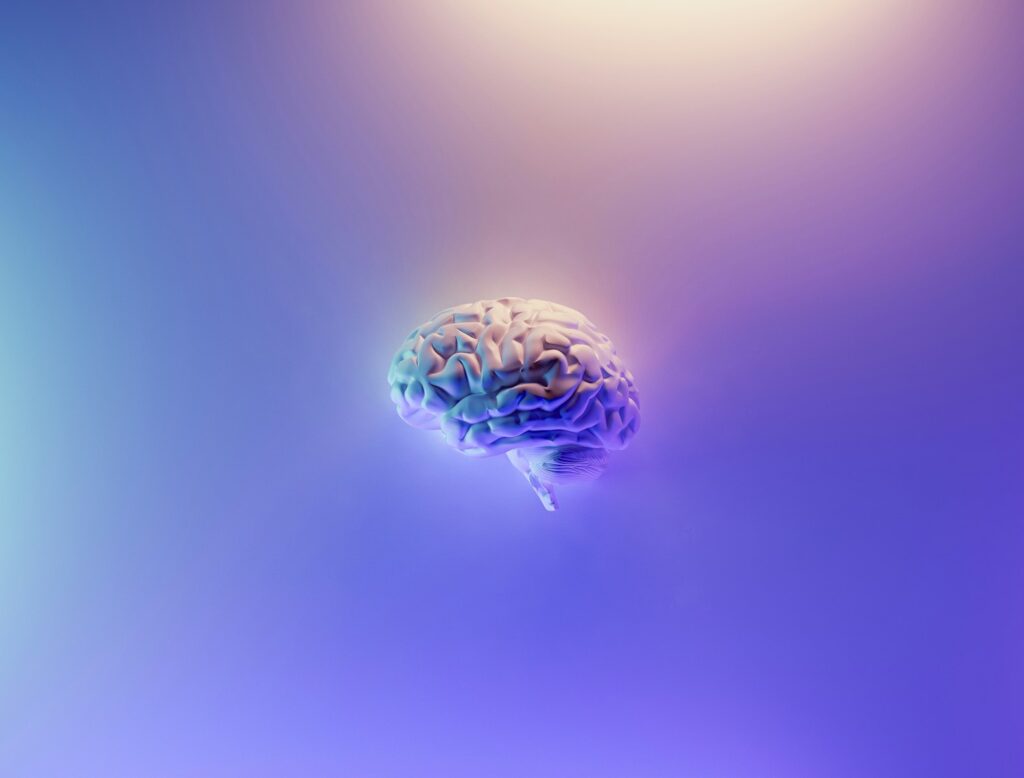
2. **The Wildly Off-Base Prognosis: Brains Can’t Keep Up with Speed**As cars began to gain a little traction (pun intended), a new concern emerged, one that truly tickles the funny bone of anyone living in the age of bullet trains and supersonic jets. In 1904, the New York Times reported on a Parisian debate between a brain specialist and a physician who were gravely discussing the perils of driving automobiles at high speeds. Their central argument? The human brain simply couldn’t keep pace!
The article states with earnest scientific inquiry, “It remains to be proved how fast the brain is capable of traveling.” And then, the kicker: “If it cannot acquire an eight-mile per hour speed, then an auto running at the rate of 80 miles per hour is running without the guidance of the brain, and the many disastrous results are not to be marveled at.” Yes, you read that right: eight miles per hour was potentially the brain’s top speed!
This wonderfully misguided prediction highlights a fascinating aspect of human adaptation and perception. While the physical body certainly has limits, our brains are remarkably flexible, learning to process information at speeds that would have seemed unimaginable a century ago. It turns out, we’re not just along for the ride; our brains are constantly recalibrating, a testament to our incredible neuroplasticity.
The idea that our grey matter had a fixed speed limit for processing the world outside a carriage window is, in retrospect, quite charmingly naive. It speaks to a time when speed itself was a novel and slightly terrifying concept, and the human capacity to integrate new sensory input was severely underestimated.
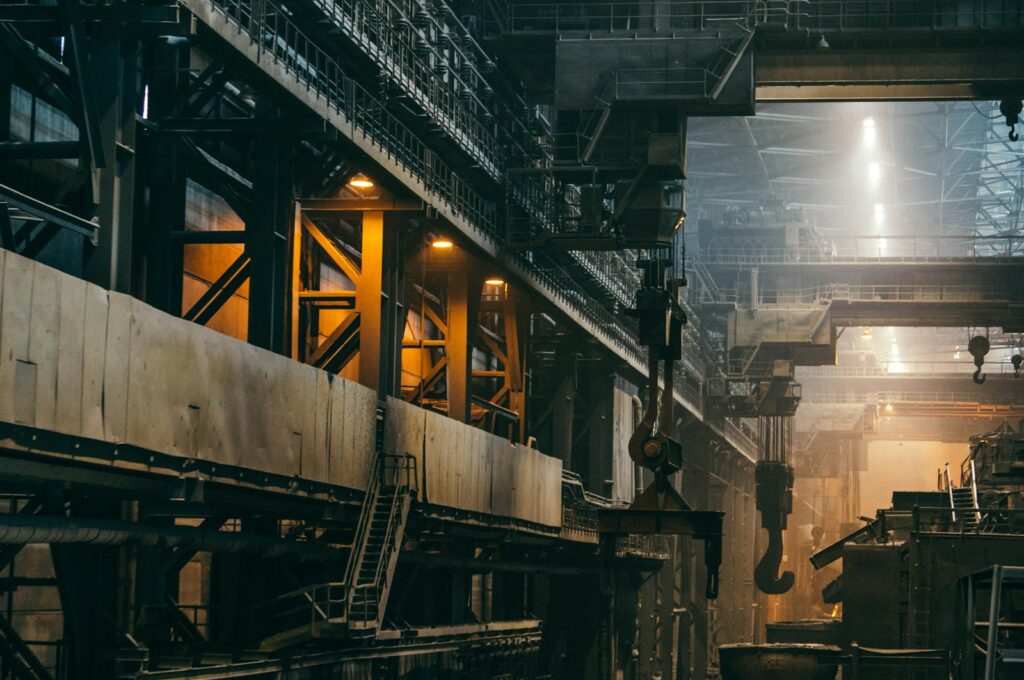
3. **The Industrial Vision: Everything Will Be Made of Steel**Thomas Edison, the wizard of Menlo Park, gave us the light bulb, the phonograph, and the moving picture camera – a true visionary. But even the greatest minds have their moments of overzealous forecasting. In a 1911 interview with the Miami Metropolis, Edison went all-in on America’s burgeoning steel industry, painting a rather rigid picture of the 21st century.
His prediction was precise and all-encompassing: “The baby of the 21st century will be rocked in a steel cradle; his father will sit in a steel chair at a steel dining table, and his mother’s boudoir will be sumptuously equipped with steel furnishings, converted by cunning varnishes to the semblance of rosewood, or mahogany, or any other wood her ladyship fancies.” Talk about a metallic makeover!
While steel certainly became a backbone of modern infrastructure and manufacturing, Edison’s vision of an entirely steel-furnished domestic life didn’t quite materialize. His prediction, perhaps driven by the industrial optimism of his era, overlooked humanity’s enduring affection for softer, warmer materials like wood, fabric, and eventually, the myriad plastics and composites that dominate contemporary design.
It’s a fantastic example of an expert extrapolating a current trend to an extreme, imagining a future that, while logically plausible in its time, utterly missed the nuances of human preference and the diversification of materials science. The “cunning varnishes” might have offered a veneer of warmth, but the fundamental material was destined for factories, not every living room.

4. **The Musical Cassandra: Recorded Music’s Demise of Talent**Imagine a world where the very act of listening to recorded music was seen as a threat to human artistry. This was the dire prophecy of none other than legendary composer John Philip Sousa, the “March King.” In a 1906 article provocatively titled “The Menace of Mechanical Music,” Sousa launched a passionate attack on machines that brought symphonies into people’s homes.
He bemoaned a supposed decline in personal musical ability, noting that “fewer and fewer cheap lutes were being purchased, all because the automatic music devices are usurping their places.” Sousa’s concern was that passive consumption of recorded music would kill the desire and skill to play instruments, leading to a generation of listeners rather than performers. He essentially predicted the death of active musical participation.
Oh, how wrong he was! While the nature of musical consumption certainly shifted, recorded music didn’t obliterate musical talent; it democratized it, spread it globally, and inspired countless millions to pick up an instrument. From rock stars learning from records to aspiring DJs sampling classic tracks, recorded music became a catalyst for new forms of expression and an unparalleled educational tool.
Sousa’s lament highlights a common fear whenever new technology emerges: that it will somehow diminish human capability rather than augment it. In this case, the “menace” became a magnificent enabler, transforming music from an elite performance art to an accessible, ever-present force that continues to enrich lives and inspire new generations of musicians.
5. **The Persistent Misconception: That ‘Worse’ and ‘Worst’ Are Interchangeable**Beyond grand predictions about flying cars or robotic valets, some of the most stubborn “worst predictions” manifest in our everyday language. Take, for instance, the persistent misconception that ‘worse’ and ‘worst’ are somehow interchangeable or follow simple, predictable rules. Many might ‘predict’ that if you can say ‘badder,’ you can just as easily use these words without much thought. But oh, how wrong that prediction is!
This common error stems from a failure to grasp the fundamental distinction between comparative and superlative forms. ‘Worse’ is the comparative form of ‘bad,’ meaning “more bad,” used when comparing just two things. Think: “Your driving is bad, but mine is *worse*.” It suggests a deterioration, a step down from a previously bad state, or a direct comparison between two negative points.
‘Worst,’ on the other hand, is the superlative form, meaning “most bad.” It’s reserved for situations where you’re comparing more than two things or stating the absolute lowest point in a group or condition. For example: “Of all the drivers, yours is bad, mine is worse, but his is the *worst*.” It represents the ultimate nadir, the absolute bottom of the badness scale.
The “worst prediction” here is often the assumption that English grammar is always straightforward, leading people to misuse these terms in ways that make their writing, well, worse. It’s a classic linguistic trap, a testament to the fact that even seemingly simple word choices can hide layers of grammatical complexity that defy our intuitive ‘predictions’ of how language should behave. Mastering this distinction elevates one’s communication from merely passable to truly polished, avoiding a common pitfall that can make a good sentence turn, quite literally, for the worse.
Humans, it turns out, aren’t just prone to misjudging grand technological leaps or societal shifts. We also exhibit a curious knack for tripping over the subtleties of our own language, especially when it comes to those slippery words ‘worse’ and ‘worst.’ The persistent idea that these terms are simple, intuitive stand-ins for each other often leads to some truly bewildering linguistic fumbles. But fear not, fellow word nerds! We’re diving deeper into these grammatical quicksands, unraveling the perplexing predictions we make about how these words should behave versus how they actually do, and having a chuckle along the way.
6. **The “Bad to Worse” Conundrum**Sometimes, a situation is bad, but then it takes a turn for the truly unexpected, plummeting into an even more dire state. This is precisely where the idiom “from bad to worse” comes into play, a phrase so common you might utter it without a second thought. Yet, the very existence of this expression is a testament to the fact that things can always, surprisingly, deteriorate further than we initially ‘predict’ they will. We might optimistically assume a problem has bottomed out, only to find the floor is just a suggestion.
This wonderfully illustrative idiom specifically means that something “started bad and has only deteriorated in quality or condition.” It paints a vivid picture of a downhill slide, a continuous decline that defies any hopeful expectation of stabilization. It’s a linguistic acknowledgment that negativity isn’t always a fixed point; it can be a moving target, constantly finding new depths to explore.
Consider this all-too-relatable example: “My handwriting has gone from bad to worse since I graduated high school.” It’s a prediction you might unknowingly make about your own penmanship, assuming a certain level of illegibility was your peak ‘bad.’ But alas, age, haste, and perhaps a touch of digital reliance conspired to make it, indeed, worse. It’s a humorous reminder that even our personal capabilities can make an unforeseen downward trend, turning a merely bad state into a truly worse one.
Read more about: The Grammatical Grind: Why ‘Worse’ and ‘Worst’ Are Driving You Nuts (and How to Finally Master Them)
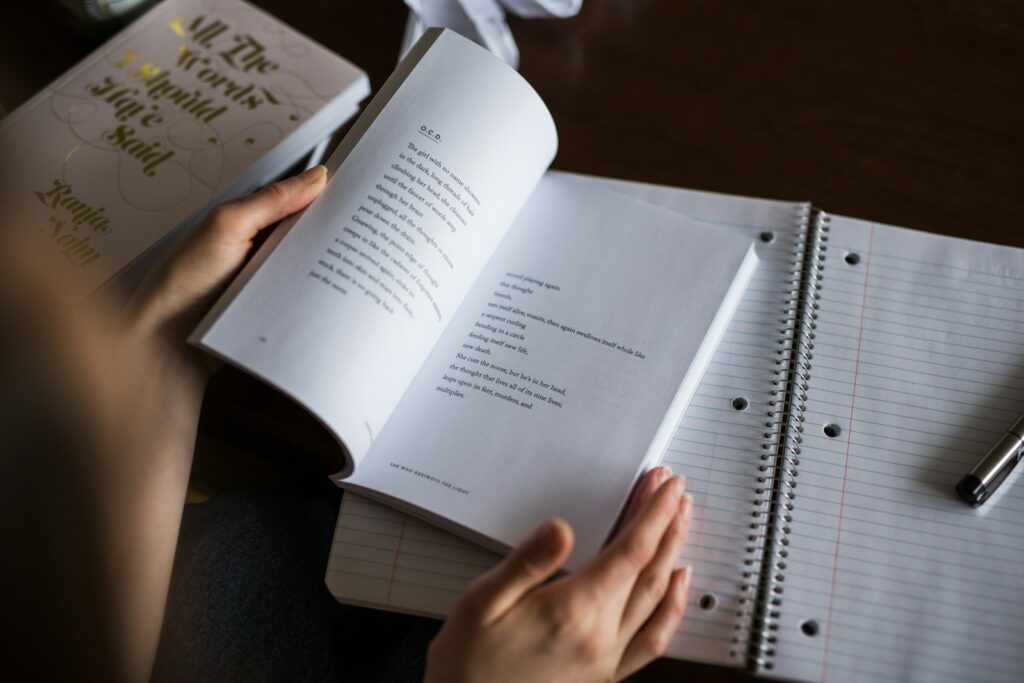
7. **Decoding “Worst Case” vs. “Worse Case”**When envisioning potential disasters, we often hear phrases like “worst-case scenario” tossed around. But have you ever paused to consider why it’s “worst case” and not “worse case”? This seemingly minor difference is actually a critical grammatical distinction that many unwittingly get wrong, leading to another one of those subtle ‘worst’ linguistic predictions. It’s a prime example of how fixed expressions demand precise word choice, defying simple substitution.
The context clarifies that “worst case” is the definitive phrase used in two idiomatic expressions: “in the worst case” and “worst-case scenario.” Both of these robust phrases specifically refer to “a situation that is as bad as possible compared to any other possible situation.” The key here is the comparison: it’s not just badder than *one* other possibility, but the absolute nadir among *all* conceivable outcomes.
To illustrate, imagine an engineer grimly explaining: “In the worst case, the beams will collapse instantly.” Or a project manager reassuring a nervous team: “This isn’t what we expect to happen—it’s just the worst-case scenario.” In both instances, ‘worst’ is employed because it signifies the absolute extreme, the rock-bottom possibility when all other alternatives are considered. It’s the superlative, the ultimate degree of ‘badness’ that leaves no room for anything lower.
While the words ‘worse’ and ‘case’ *can* appear together in a sentence, it’s not as a set idiom. For example, “Jacob had a worse case of bronchitis than Melanie did” is perfectly grammatical, showing a comparative state between two individuals’ illnesses. However, it’s not the same as the established “worst-case scenario” which functions as a single, indivisible concept of ultimate negativity. This distinction prevents a minor grammatical ‘bad’ from becoming a truly ‘worst’ misunderstanding.
Read more about: The Ultimate Guide to ‘Worse’ vs. ‘Worst’: 14 Common Traps You Can’t Afford to Ignore

8. **The “If Worst Comes to Worst” Debate**Another linguistic puzzle that often stumps even seasoned speakers is the idiom used to describe a dire contingency plan: “if worse comes to worst” or “if worst comes to worst”? It’s a phrase that conjures images of preparing for the absolute worst, but its precise wording can be surprisingly contentious, almost as if language itself is playing a trick on our predictive abilities.
Fascinatingly, the given context reveals that “if worst comes to worst is much more commonly used (even though it arguably makes less sense).” This is a delightful nugget of linguistic trivia, showcasing how usage can sometimes trump pure logical construction in the unpredictable evolution of language. It’s a popular ‘prediction’ about how words should work that’s been overridden by collective habit.
Regardless of which form you favor, the meaning remains crystal clear: the expression refers to the grim possibility “if the worst possible outcome happens.” It’s typically followed by a pragmatic solution, a fallback plan for when all other options have dissolved into chaos. It’s a linguistic safety net, acknowledging the potential for absolute failure while simultaneously offering a glimmer of proactive preparation.
Let’s put these versions into action, exploring the subtle differences in their deployment. One might say, “I’m going to try to make it to the store before the storm starts, but if worst comes to worst, I’ll at least have my umbrella with me.” Here, the more common (and arguably less logical) ‘if worst comes to worst’ is used. Alternatively, the context also provides: “If worse comes to worst and every door is locked, we’ll get in by opening a window.” The fact that both forms exist and one is more common despite making less ‘sense’ is a quirky testament to the often unpredictable nature of idiomatic English, a true ‘worst’ prediction about language structure.
Read more about: The Grammatical Grind: Why ‘Worse’ and ‘Worst’ Are Driving You Nuts (and How to Finally Master Them)
9. **The Linguistic Nuance: When is it “Worse”?**Having explored some complex idioms, let’s recalibrate our linguistic compass to firmly grasp the distinct role of ‘worse.’ This word serves a crucial function as the comparative form of ‘bad,’ meaning, quite simply, “more bad.” It’s deployed when we are drawing a direct comparison between *two* things, situations, or states, highlighting a deterioration or an unfavorable difference. Forgetting this fundamental rule is a ‘worst’ prediction about grammar that can lead to muddled communication.
Consider these everyday scenarios where ‘worse’ is the perfect fit: “My brother is bad at basketball, but honestly I’m worse.” Here, two siblings’ basketball skills are put head-to-head, with one clearly outdoing the other in ‘badness.’ Similarly, “Your breath is bad, but mine is worse” makes a direct, unflattering comparison. And the poignant “The situation was bad and it just got worse” perfectly captures a negative progression from one poor state to an even poorer one. It’s a dynamic, relative term.
The utility of ‘worse’ extends to expressing a decline in quality or condition over time, or a subjective preference. For example, “I think the pink paint looks worse on the wall than the red paint did” clearly articulates a comparison between two aesthetic choices. This usage underscores that ‘worse’ isn’t just about objective badness; it often reflects a judgment or a change in perception relative to another point.
Let’s solidify this with a few more examples from our linguistic vault: “Briony’s cold got worse after a few days, so she had to see a doctor” vividly illustrates a health decline. “His grades have been getting worse as the term progresses” paints a picture of academic deterioration. Even culinary missteps find their perfect descriptor: “The recipe tasted worse after I added vinegar.” And in a more positive light, if someone is “none the worse for wear,” it means they haven’t deteriorated from an experience. These instances collectively underscore that ‘worse’ is about comparison, decline, and a step down on the ladder of ‘badness.’
Read more about: Worse vs. Worst: 12 Expert-Backed Rules to Instantly Nail Proper Usage
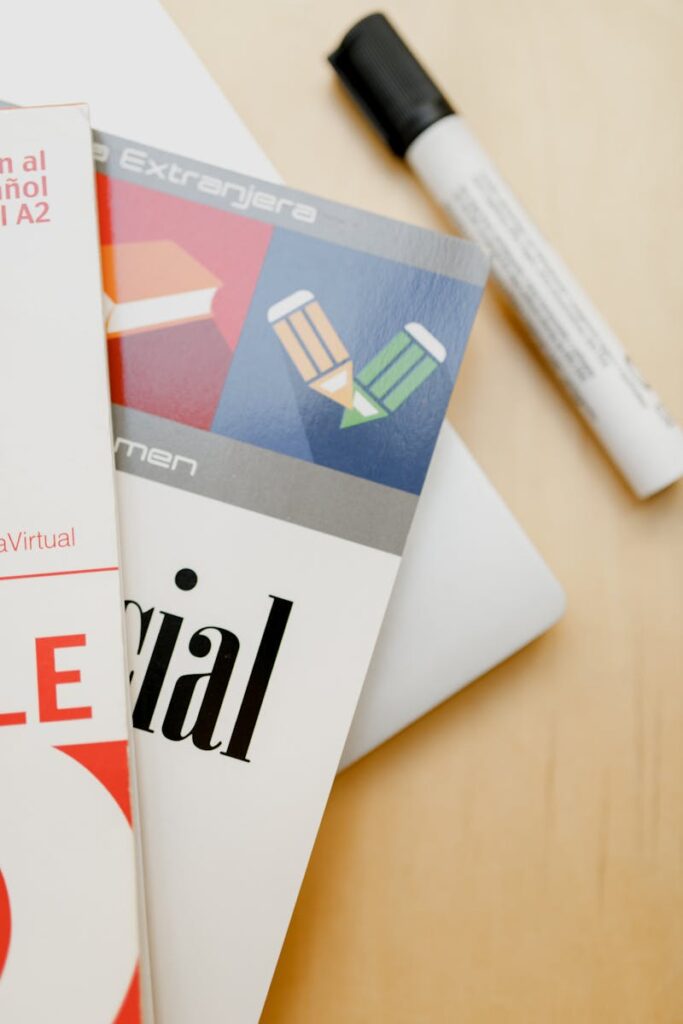
10. **The Absolute Nadir: When is it “Worst”?**If ‘worse’ signifies a step down, then ‘worst’ represents the absolute rock bottom, the ultimate nadir of ‘badness.’ It is the superlative form of ‘bad,’ essentially meaning “most bad,” and it’s reserved for situations where you’re comparing *more than two* things, or indeed, asserting an absolute extreme among all possible options. Misapplying ‘worse’ here is one of the most common grammatical ‘worst’ predictions out there, missing the true depth of negativity.
‘Worst’ is the word you grab when you’re making a definitive declaration of supreme inferiority. Imagine a student dreading an exam: “Out of the five exams I have today, this one is going to be the worst.” There’s no ambiguity; this is the absolute pinnacle of academic dread. Or, in a moment of exasperation, “That was the worst idea I have ever heard” leaves no room for a ‘worse’ contender. It’s the ultimate judgment, the final word on ‘bad.’
The distinction truly shines when you see them side-by-side: “Yours is bad, mine is worse, but his is the worst.” This progression clearly illustrates how ‘worst’ culminates the comparison, identifying the individual at the absolute bottom of the scale. Similarly, if you’re ranking a group for a negative trait, ‘worst’ is your champion: “Of all of us, Tom had the worst case of poison ivy” immediately singles out Tom’s supreme misfortune.
Beyond direct comparisons, ‘worst’ can also highlight an absolute extreme. “The worst part about hiking the trail is the steep incline at the beginning” isolates the single most challenging aspect. In the competitive world of job hunting, “Of all the job candidates, Margaret had the worst interview skills but the best résumé” uses ‘worst’ to pinpoint an area of absolute weakness within a group. It even crops up in expressions like “They want a new car in the worst way,” where ‘worst’ intensifies ‘very much.’
Moreover, ‘worst’ isn’t just an adjective; it can serve as a noun, as in the insightful observation, “He brings out the worst in her,” implying the most negative aspects of her character. And when we talk about a runner who records “the worst time in a race,” we are unequivocally stating they ran the slowest. Or, when discussing a class, “The worst student in a class could be the one who scores the lowest on tests or the one who misbehaves the most.” These examples powerfully demonstrate that ‘worst’ is the ultimate identifier for the bottom of any heap, the absolute pinnacle of negativity, making its correct usage essential to avoiding one of the most fundamental grammatical ‘worst predictions.’
So there you have it! From grand, sweeping pronouncements about the future of transportation and technology to the fascinating, often infuriating, nuances of our everyday language, humanity’s track record for predictions is, shall we say, a mixed bag. But that’s precisely where the fun lies, isn’t it? Our collective capacity to get things spectacularly wrong, whether about flying cars or comparative adjectives, offers endless opportunities for learning, laughter, and a healthy dose of humility. After all, if we always knew what was coming, where would the intellectual curiosity be? It’s in dissecting these ‘worst’ predictions, both historical and grammatical, that we truly appreciate the delightful unpredictability of life—and language—itself. Now, go forth and conquer those comparatives and superlatives, armed with a newfound appreciation for the glorious mess that is English!


